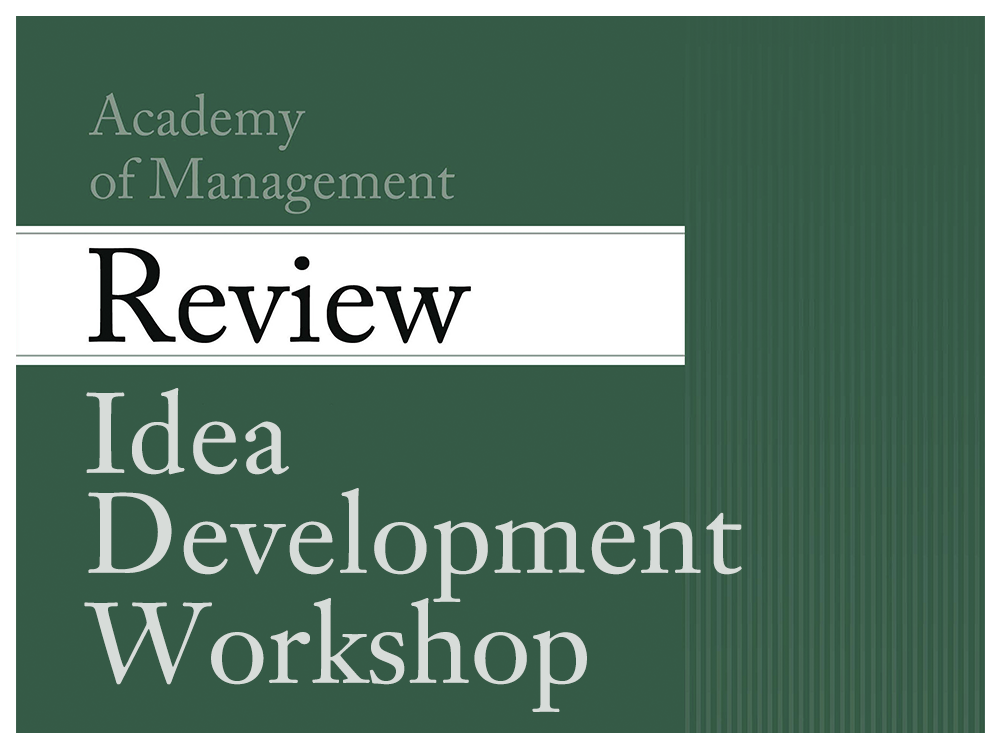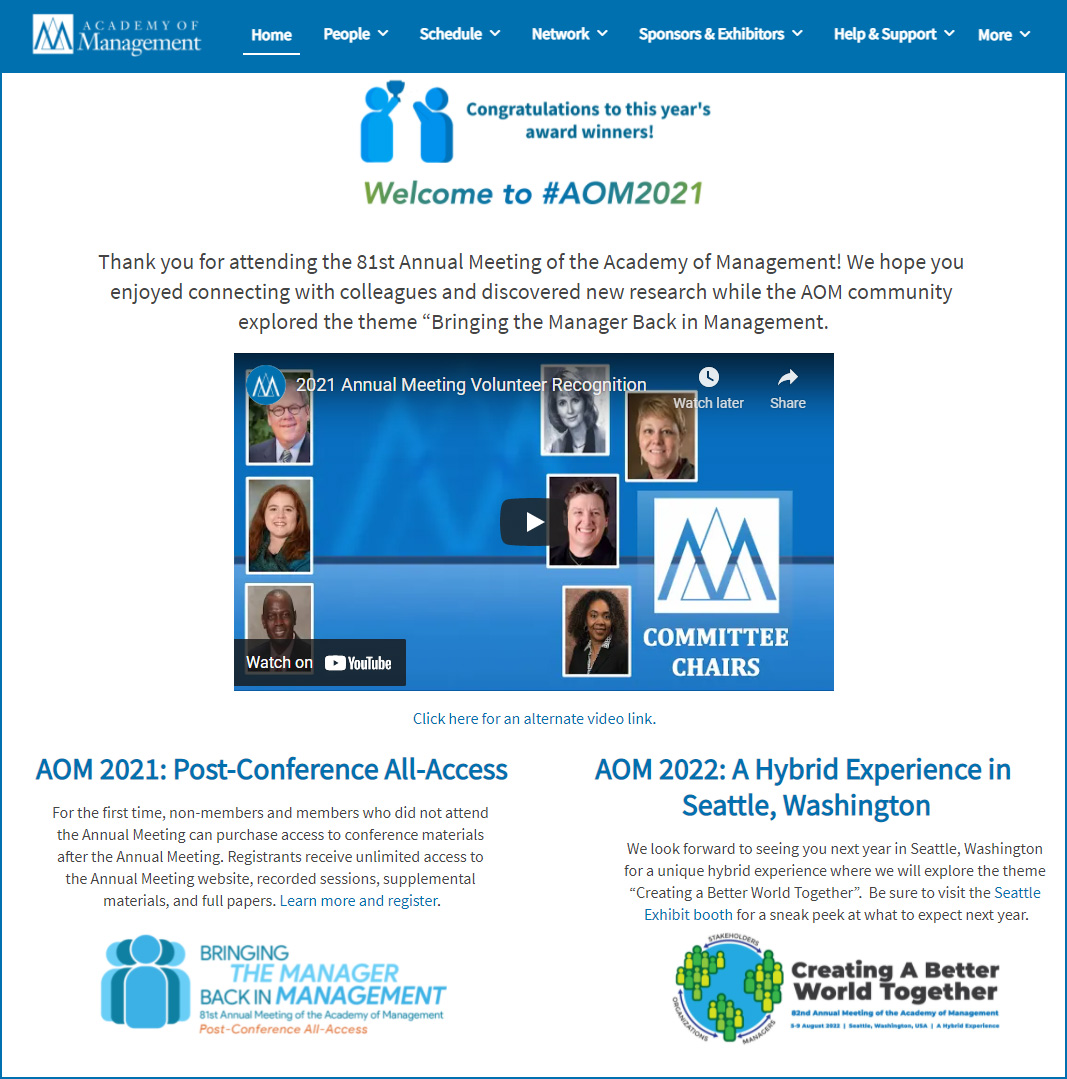
AOM 2021: Bringing the Manager Back in Management
The 81st Annual Meeting of the Academy of Management (AOM 2021) took place 30 July-3 August 2021 with a Preview Day held on 29 July and a Caucus Day held 4 August. The meeting marked the second consecutive meeting held online as a virtual experience due to the global COVID-19 pandemic. The vice president and program chair was Amy Hillman of Arizona State University.

Meeting Theme
Bringing the Manager Back in Management
For a field named “management,” it is odd how little of our focus is on “managers,” whether at the frontline, middle, or executive level, or at the organizational, geographic, or global level. Today, more than ever, our research and teaching are called on to shape what managers do on a day-to-day basis. We are the Academy of Management and yet it isn’t always clear how our research addresses issues confronting practicing managers. The tenor of our time suggests that seeking to help managers deal with the issues confronting them would be a valuable contribution to the world we live in.
Consider the global pandemic and social unrest of today and whatever forms of uncertainty will face us in 2021. Has the rise of uncertainty within organizations, institutions, and governments made management obsolete? Will artificial intelligence render management obsolete due to situations where there are contradictions too uncertain and/or too routinized to manage? When facing an unanticipated disruption, how much of a manager’s response is “management” and how much is “leadership?” Will we need managers in the future or what views can help us redefine “management?” What technologies and methodologies will help us better understand managerial issues?
How might we contextualize or problematize our research to better serve practicing managers and forecast their needs 1-, 5-, and 10-years in the future? Whatever form management takes in the future, it seems likely most of us will have a manager and maintaining an ethical compass is critical. If managers stumble in a new environment, how do we manage their transitions?
As we as a profession of educators and researchers in higher education are increasingly called to prove our relevance, reform cost structures, and face new disruptive competitors, how do we shape how business education is perceived by society? How do managers shape how organizations are perceived by society? How viable are careers in management education and research or careers in management during turbulent times? How would our education and development change if we were to prepare graduates to deal with increasing uncertainty, ambiguity, and morphing forms of “managers” they will need to collaborate with in the future?
Will increasing uncertainty, ambiguity, and calls for corporate and higher education reform lead to new organizational forms? What makes for an effective manager in virtual/ hybrid workforces? How can organizations and managers deal simultaneously with increased global connectivity through social media? As employees become increasingly likely to change organizations, how do managers retain employees? Will there be new layers of hierarchy between owners, agents, upper echelons, top management teams, middle managers, and frontline managers that change how we manage up, down, and across; and will there be more or less conflict between layers and stakeholders? Supply chains and other operations will be affected. How will firms’ competitive and comparative advantages, core competencies, and dynamic capabilities change? Where will new competitors come from and how will corporate strategies change in the future?
Will global polarization and increasingly transparent communication lead to more social upheaval and how will this affect diversity, inclusion, and equity? How do individuals’ demographics, human, and/or social capital influence management? Does a diverse workforce require diverse management styles? How do organizational and national culture influence managers? What cognitive biases prevent or will prevent managers from making higher-quality decisions and how might we overcome these biases? How can managers influence and motivate differently? How will individual managers regulate and motivate themselves, and does this depend on their identity, schema, and sense-making?
Will there be new influences on industry, firm, and individual reputation, as well as connectivity and engagement? In an increasingly distanced world, how does one create relationships, cultures of care, and concern while holding employees, peers, and supervisors to a higher standard of accountability? What new and old sources of power might emerge?
Finally, given the global pandemic, how can we aid specific industries like health care to handle uncertainty, threats to personal safety, and health of frontline providers while asking them to lead quality management efforts to reduce costs? How can patients, societies, hospital administrators, and other stakeholders support them?
Meeting Resources
Annual Meeting videos
- AOM 2021 YouTube playlist
- AOM 2021 Presidential Address by Quinetta Roberson (alternate video link)
- AOM 2021 Closing Remarks (alternate video link)
- Volunteer Recognition Video (alternate video link)
- Member testimonial videos
Awards and recognition
- 2021 Career Achievement Awards
- 2021 Annual Meeting Program Awards
- 2021 George R. Terry Book Award
- 2021 Publication Awards
- 2021 Division and Interest Group Awards
AOM 2021 Highlights
In 2021, the Academy of Management pushed the boundaries of what the Annual Meeting could achieve by gathering virtually to network and share research in new and exciting ways. We implemented some exciting innovations based on your feedback and suggestions that made this year’s virtual Annual Meeting an even better experience for connecting, engaging, and learning.
AOM 2021 featured:
- 9,500+ members attended virtually
- 10,000+ individuals listed on the program
- New opportunities for social engagement and networking
- 21 exhibitors in the Virtual Expo
- Expanded program with all session types available each day
- Preview Day on 29 July
- Consortium Day on 4 August
- Opportunities to view sessions after the Annual Meeting
- 1,662 sessions, including:
- 1,405 Live (synchronous) sessions
- 257 on-demand (asynchronous) sessions
Upcoming Events
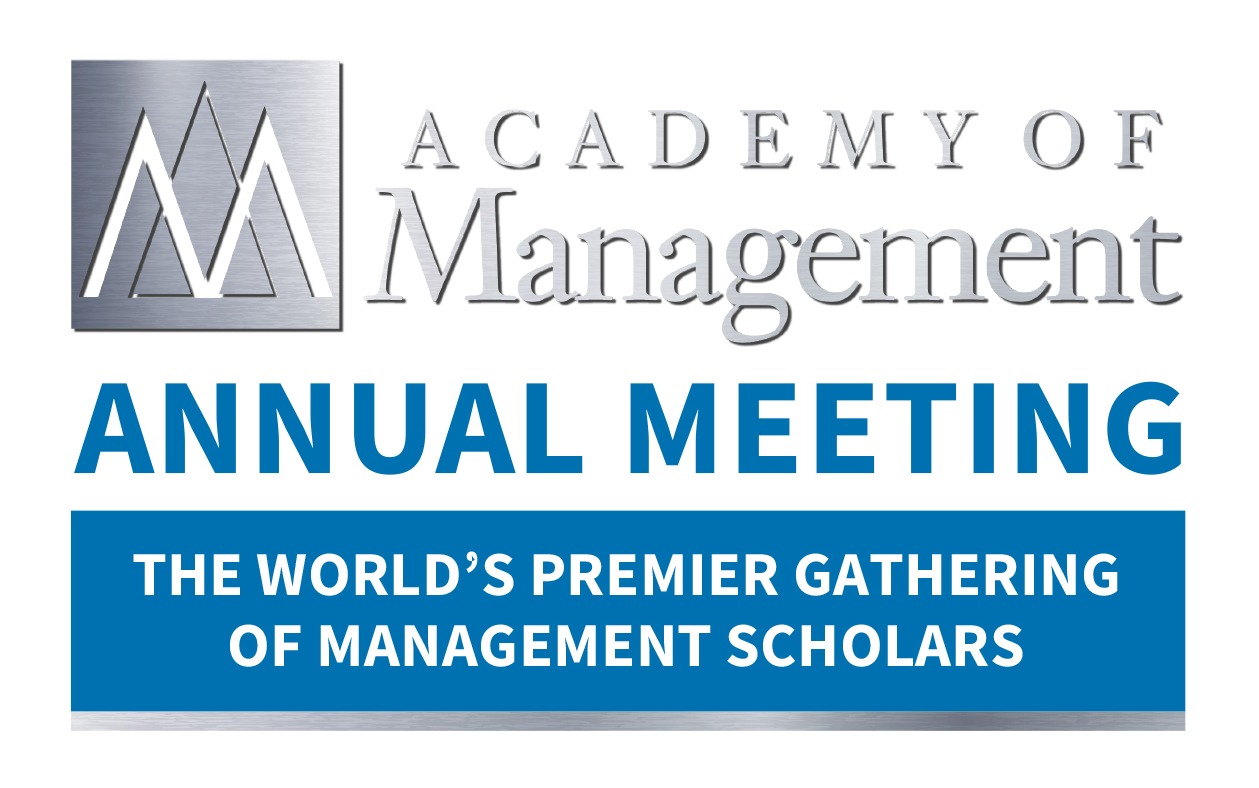 85th Annual Meeting of the Academy of Management
85th Annual Meeting of the Academy of Management
(AOM 2025)
25-29 July 2025
Copenhagen, Denmark
Call for Submissions: AMD Discoveries-through-Prose
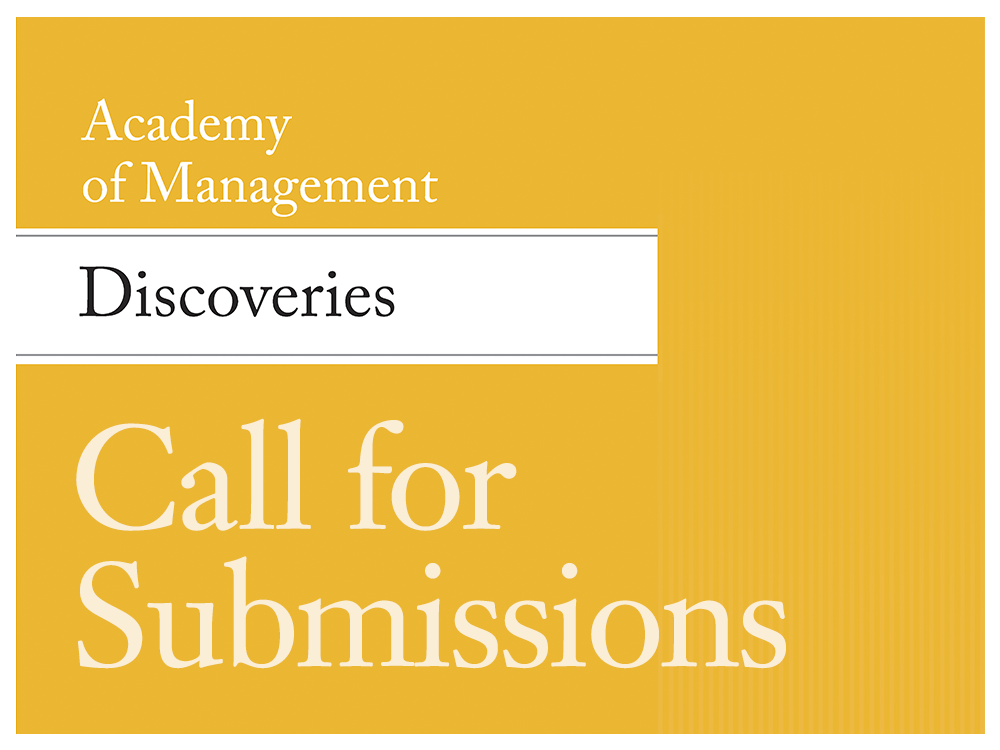
Call for Submissions: AMD Registered Reports

AMP Call for Special Issue Papers: Managing Under Political Turbulence
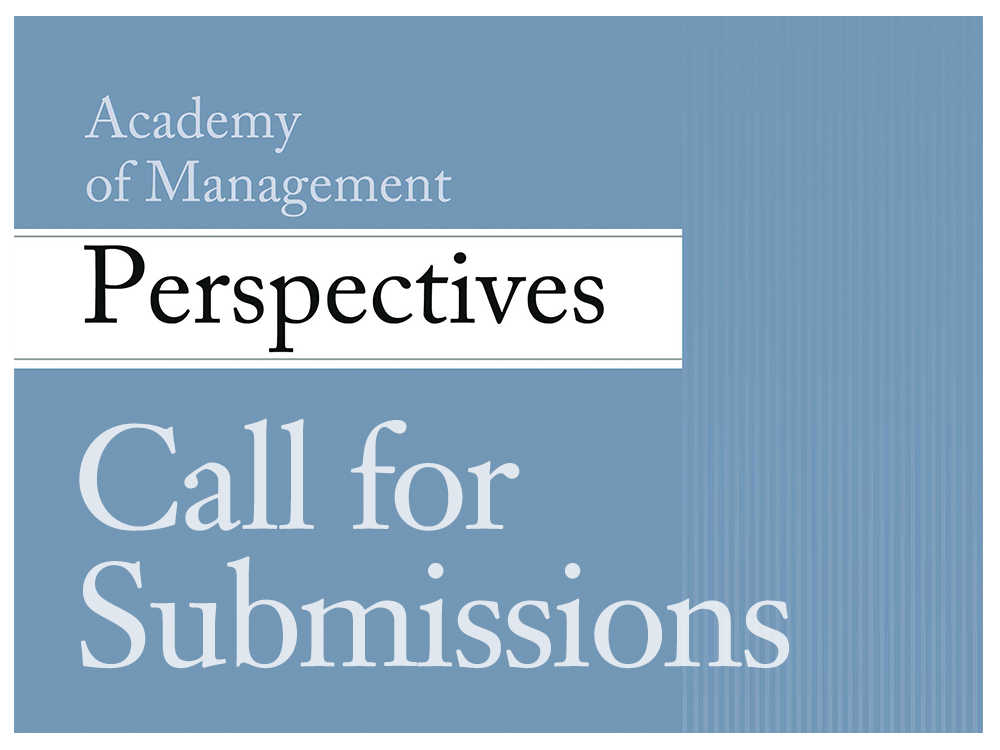
AMR Idea Development Workshop, France
